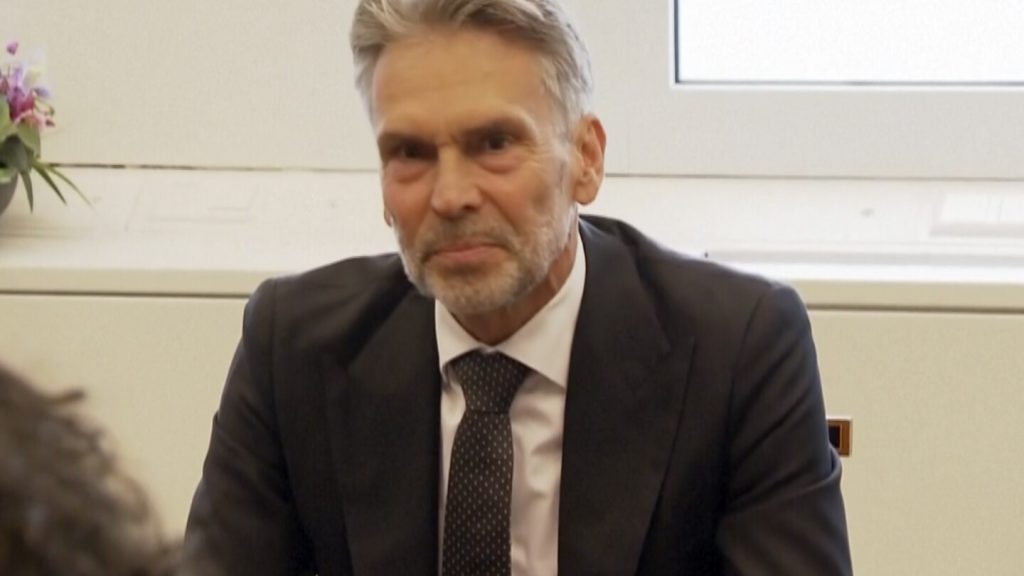Schoof is known for his expertise in intelligence and counterterrorism, having served as the head of both the General Intelligence and Security Service and the country’s Immigration and Naturalization Service. His nomination as the next prime minister came as a surprise to many, but he expressed confidence in his ability to lead a technocrat administration that has elements of the far-right ideology promoted by Geert Wilders’ Party for Freedom. Schoof emphasized his commitment to doing good for the nation, particularly in addressing issues related to immigration.
Wilders, who led his party to victory in the November election, has been working to form a coalition government with three other parties to establish a new administration. Despite his own popularity, Wilders agreed not to become prime minister in order to appease his coalition partners. The coalition includes the center-right People’s Party for Freedom and Democracy, the populist Farmer Citizen Movement, and the centrist New Social Contract party. Schoof’s appointment as the prime ministerial candidate was met with approval from Wilders, who praised his track record and integrity.
The coalition’s policy objectives, outlined in a recent deal titled “Hope, courage and pride,” focus on strict measures for asylum-seekers, limiting family reunification for refugees, and reducing the number of international students in the country. Some analysts have raised concerns about the legality and constitutionality of these proposed policies, but Schoof reassured the public that upholding the democratic rule of law has always been a priority in his work. The technocrat administration, expected to come into power over the summer, will be tasked with implementing these policies and addressing the nation’s deep divisions.
Schoof’s extensive experience in public service and national security makes him a qualified candidate for prime minister, according to his supporters. As a former head of intelligence and counterterrorism, he brings a unique perspective to the role and is well-equipped to handle the challenges facing the country. One of his main priorities will be to tackle the issue of immigration, in line with the coalition’s objectives. With his nonpartisan background and commitment to serving the nation, Schoof is poised to lead the Netherlands through a period of transition and uncertainty.
The formation of the new technocrat government signals a shift in Dutch politics, with the far-right Party for Freedom playing a central role in shaping the administration’s agenda. While some may have reservations about the coalition’s policies and the influence of Wilders’ ideology, others see potential for positive change under Schoof’s leadership. As the nation prepares for a new chapter under a technocrat Cabinet, the appointment of a surprise nominee like Schoof reflects the evolving landscape of Dutch politics and the need for innovative approaches to governance. With his background in intelligence and security, Schoof brings a unique perspective to the role of prime minister and is poised to steer the country toward greater stability and unity.


